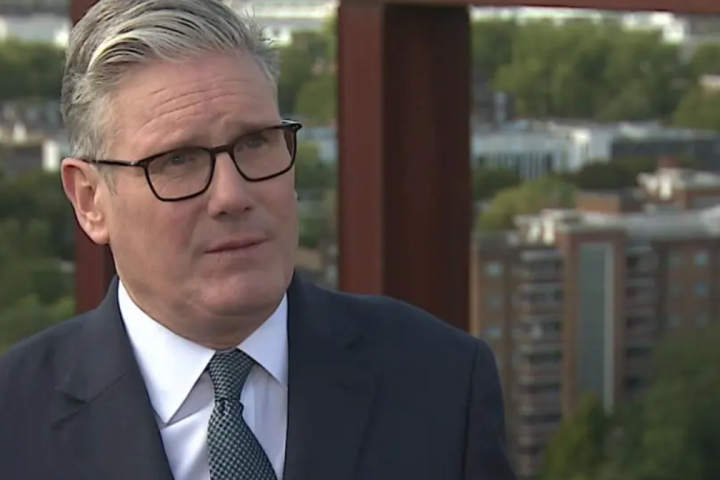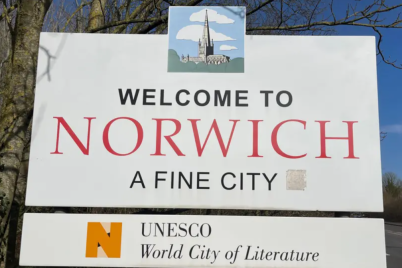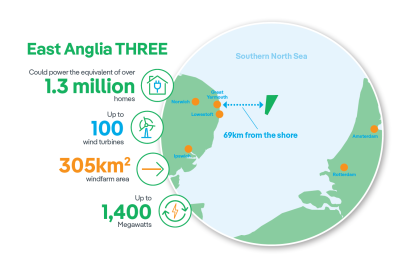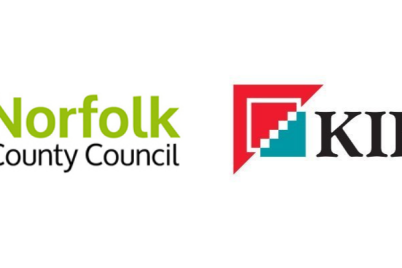Small businesses across the UK are voicing concerns about rising costs, from National Insurance increases to soaring utility bills. In response, the government has unveiled Labour’s small business plan, a wide-ranging package of measures designed to ease pressures, improve payment practices, and boost long-term stability.
The Prime Minister has said the government is “doing everything we can to support our small businesses” but admitted they are facing “massive challenges.” Keir Starmer stressed that economic stability is now the foundation of government policy, saying: “I’m not going to let [the chaos under Liz Truss] happen again… in the end economic stability is the reason that we’re getting investment into this country.”
One of the flagship policies is new enforcement powers for the Small Business Commissioner, who will be able to fine larger companies that repeatedly fail to pay suppliers on time. Late payments were highlighted as one of the biggest issues facing small firms, with Starmer noting that the government’s plan was “actually worked on together with small businesses” and “very warmly received.”
Stuart Searle, who runs First Mailing in Cambridgeshire, employs 22 staff and had planned to expand by six this year. Instead, recruitment has been postponed after National Insurance and minimum wage changes added about £20,000 to his annual wage bill — an increase of 8%. He said: “I’m not sitting with a begging bowl, I’m sitting wanting information – and that’s actually really, really vital to all businesses.” Like many owners, he is waiting on clarity in the autumn Budget before deciding whether to invest further.
The concern is echoed in regional employment data. The Office for National Statistics reported a 1.7% fall in jobs in the East of England between March and June 2025 — the steepest decline since the first Covid lockdown. Most of these were self-employed roles, while payroll numbers in the region dropped by 9,600 over the past year after steady growth between 2020 and 2024.
Some of the biggest pressures are hitting service businesses. In Norfolk, Mel Stollery, co-owner of Just4YouFitness, said her gym had seen utility bills double and business rates rise 75% in recent years. Staff numbers have been reduced from 10 to six over three years. She described the cutbacks as “one of the hardest decisions” and added: “Every time the headlines in the news are about the cost of living crisis, we do find sometimes a little drop off [in memberships].” She believes more disposable income in households would directly support businesses like hers, saying: “We’re a luxury item, so if everybody had more money in their pockets, we would get more gym memberships.”
The Prime Minister acknowledged the pressure of business rates, saying the government was “working to bring those business rates down.” He also argued that wages have improved under Labour, noting: “In the first year of this government, wages have gone up more in that year than they went up in the previous 10 years.” The ONS has confirmed that wages rose 3.4% in the last quarter of 2024 compared with a year earlier, outpacing inflation.
According to the Federation of Small Businesses (FSB), 83% of members in the East of England reported higher costs this year, with more than one in five cutting staff. FSB development manager Candy Richards said small firms are “finding it too costly to employ people” and warned that new legislation could also be adding to hiring pressures. “What small businesses need [is] confidence to understand that the economy is going to grow; they need to see that the next budgets and reform coming to business rates has been promised… we need to see movement on the VAT threshold.”
The government points to wider economic improvements as part of its plan. Starmer highlighted the £250bn worth of trade signed off between the US and UK, which he said would “translate into jobs in every region, including the eastern region.” Falling interest rates are also expected to help, with the Bank of England cutting the base rate to 4% in August, the lowest in over two years.
For small firms, the challenge is balancing optimism with reality. Costs remain high, but Labour insists its business plan provides the framework for stability, investment, and fairer treatment in supply chains. As Starmer put it, “economic stability has to be the foundational stone of this government” — and for many owners, that stability cannot come soon enough.












